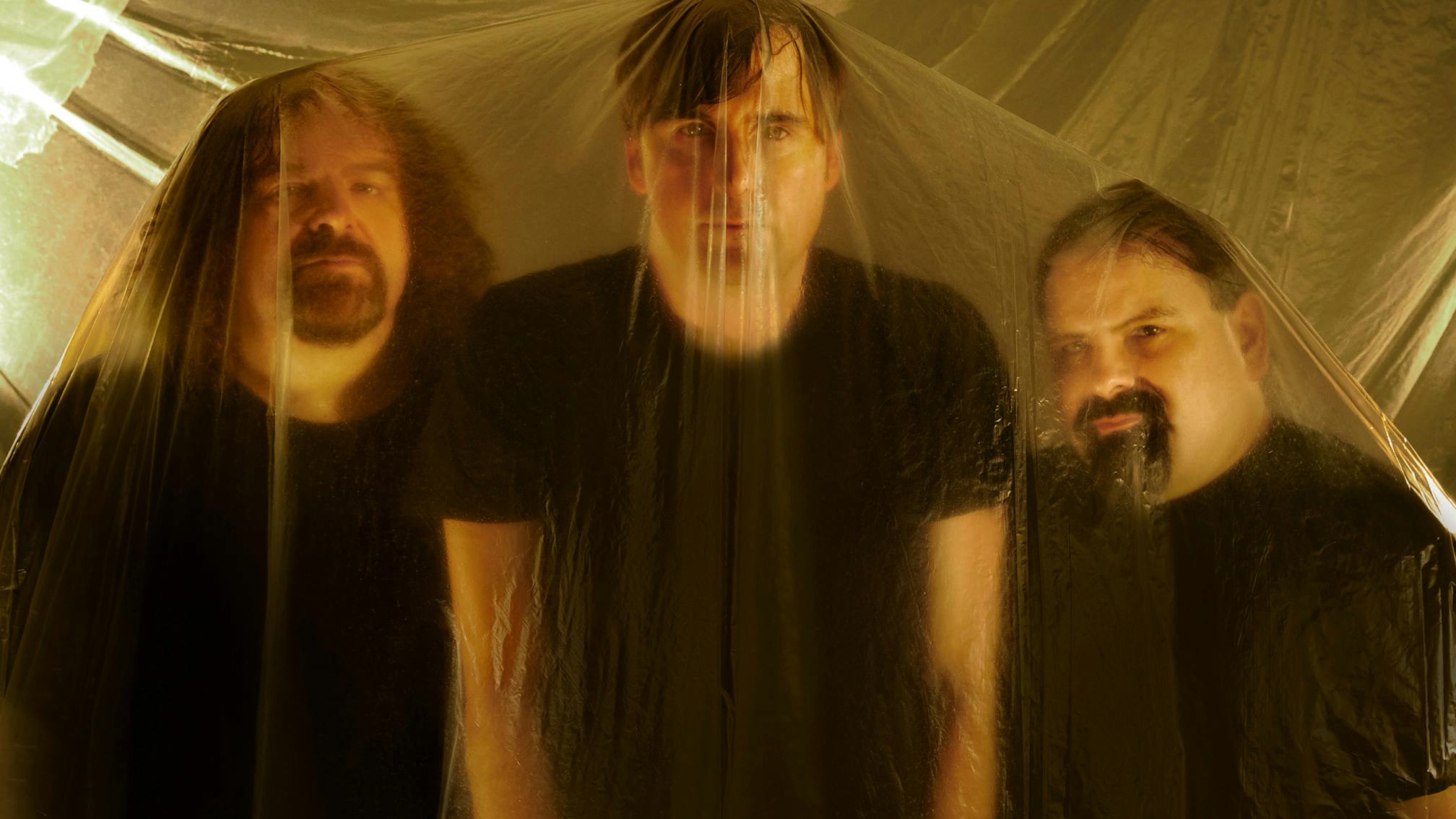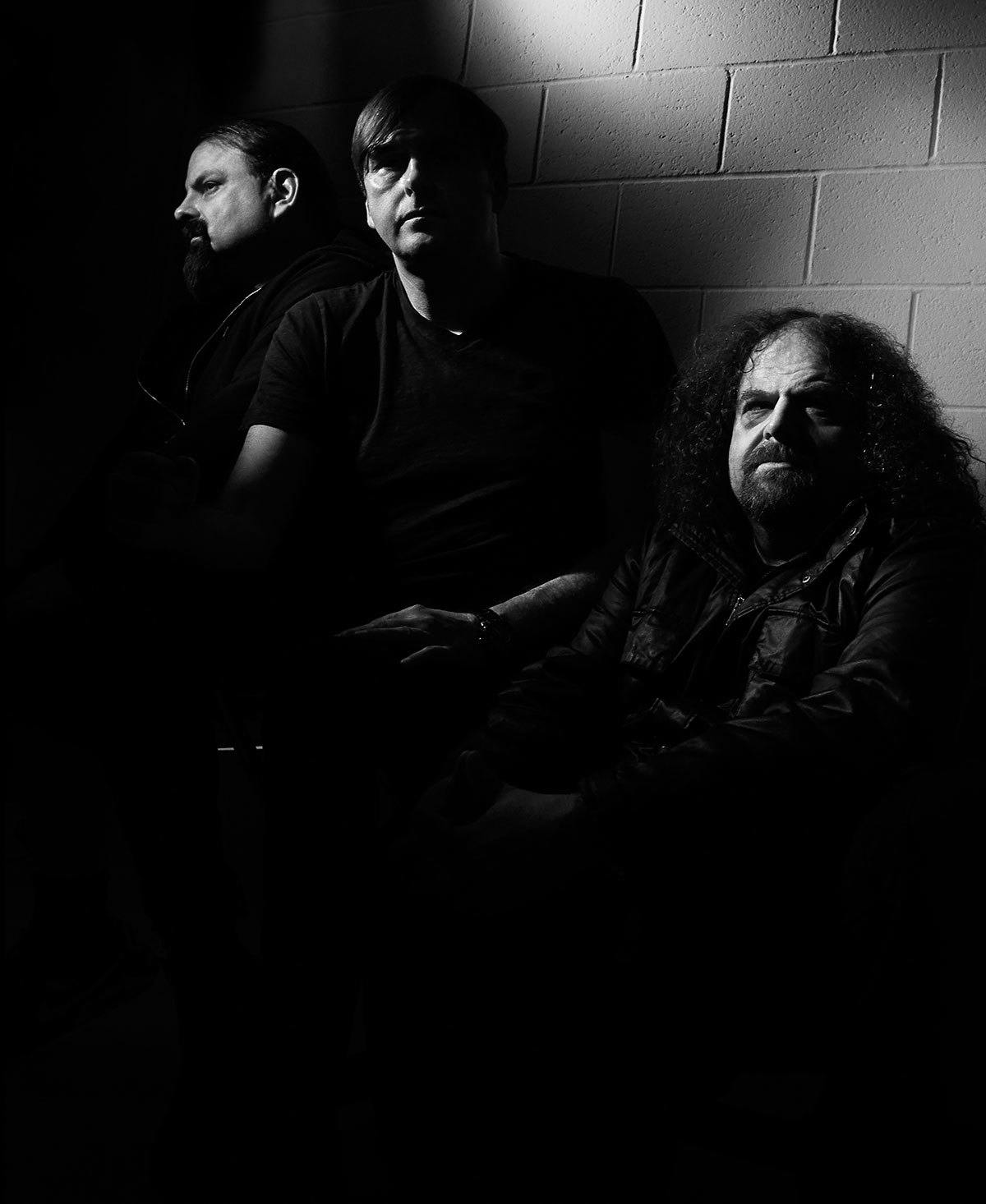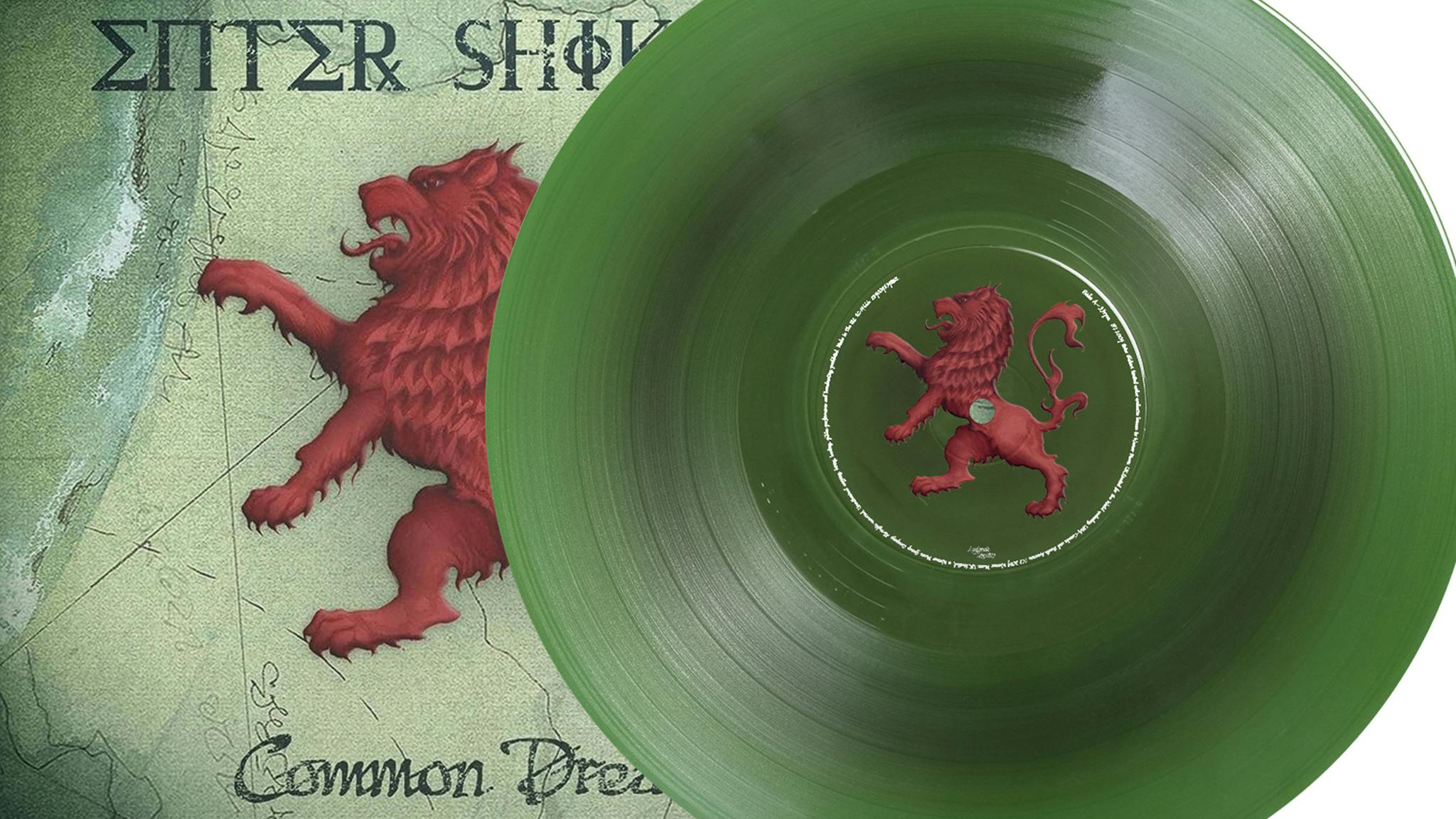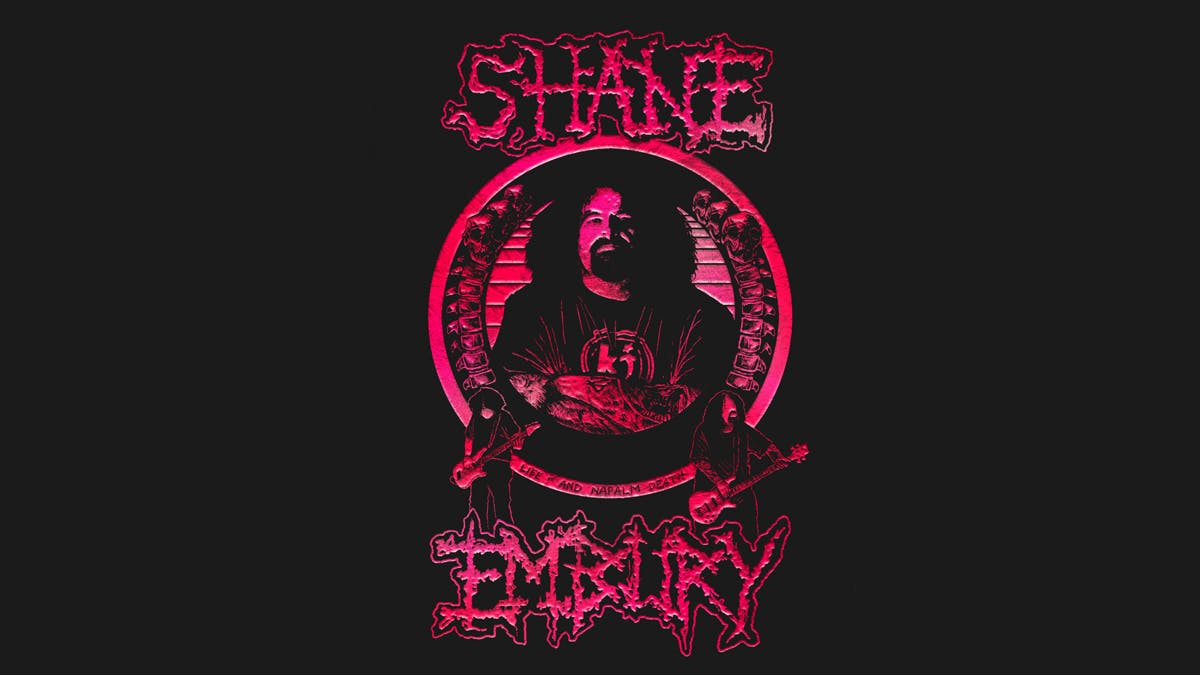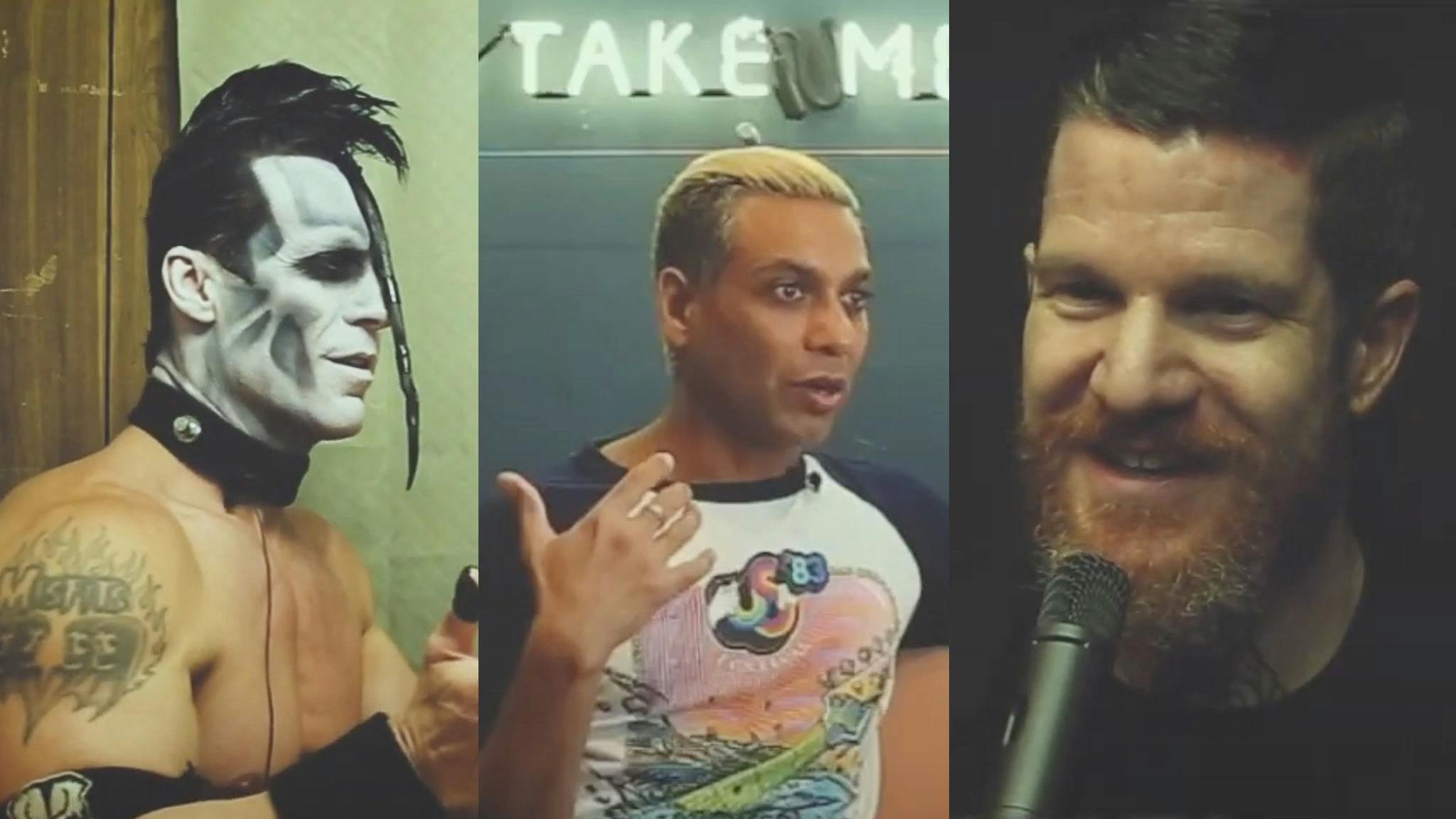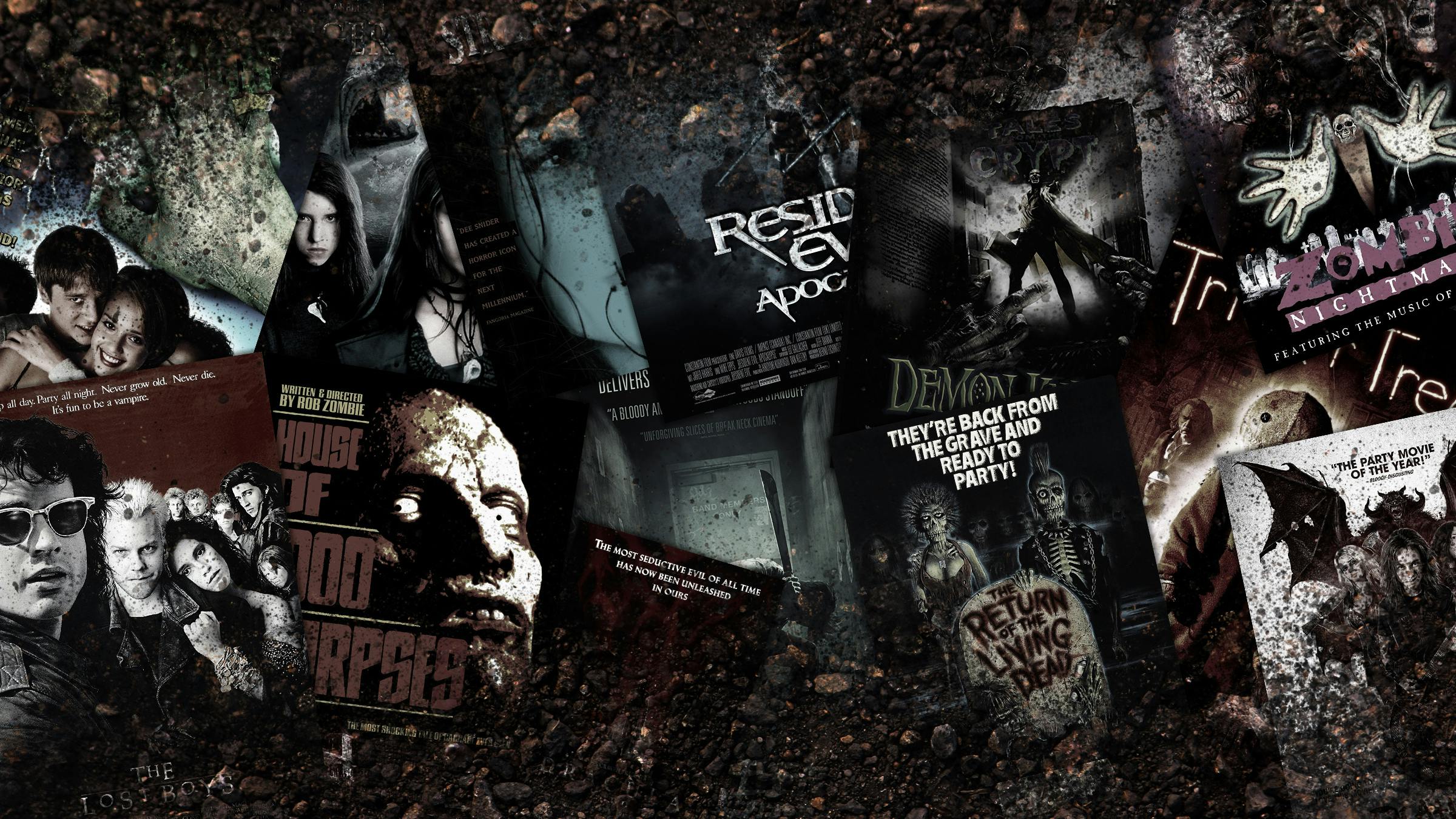Talking to Barney is a far less intense experience than his music or the subjects might suggest. He will speak honestly, intelligently and compassionately about whatever issue or topic you put in front of him, without scoring points or talking down to you. But angry as his music can sound, in conversation his vibe is more that of a man simply looking for reason and humanity where these things have often been forgotten; someone who cares about people on a fundamental level. He says he’d happily be friends with someone with far more conservative views than his own (“I think you have to make an effort, and you have to kind of reach out to people and communicate”), and that putting up walls between ourselves is part of the problem. And yeah, he’ll chuckle and roll his eyes at the mention of his appearance on Ed Miliband’s Radio 2 show in 2017, during which he showed Ed how to do ‘the scream’ with comedic results, but he also sees the opportunity there: “We can laugh at ourselves, but there’s a limit – you don’t want to end up as the bloody glorified grindcore Banana Splitz or something,” he says. “But if there is a chance to get some of the ideas across to a different audience, I’ll take it.”
And it’s these ideas, as distinct from politics, that are important to Barney. Because, for him, the most pressing matter is that, using refugees as one example, “First and foremost, these are my fellow human beings. And if the boot was on the other foot, and it was me, I’d wish to be treated in a humane way.” This, he says, is bigger than politics.
“Napalm often gets called a political band, and I’d be stupid if I said otherwise, but I also feel we’re apolitical, and we transcend politics,” he says. “Because unless the ideas that we’re talking about are done in the world, and improve the prospects of everybody in this world, politics is fucking meaningless – it’s just token gestures.”
Barney says he doesn’t have a magic wand, and doesn’t see things suddenly snapping to harmony anytime soon (“The next war won’t be for oil, it’ll be for water”), but he also points out that, “Mate, the world’s always been a shit-show!” We just happen to be living during our own bit of it.
“If you go back 100 years and you were a teenager or young adult from Northern Europe, there’s a fair chance you would have been drafted into some horrendous fucking game of murderous chess over a few fields in France and Belgium, at the whim of generals and people who could comfortably sit in their fucking offices and send thousands of people to their deaths overnight,” he says. “So the world’s always been shitty, in certain places and in certain corners, when you look back at it. Now, at the moment, it’s just another chapter – no better no worse. There’s always something.”
